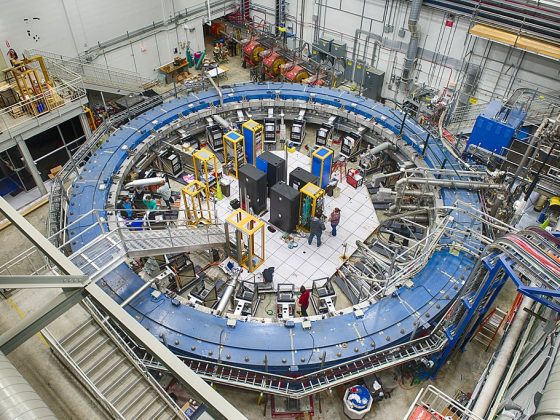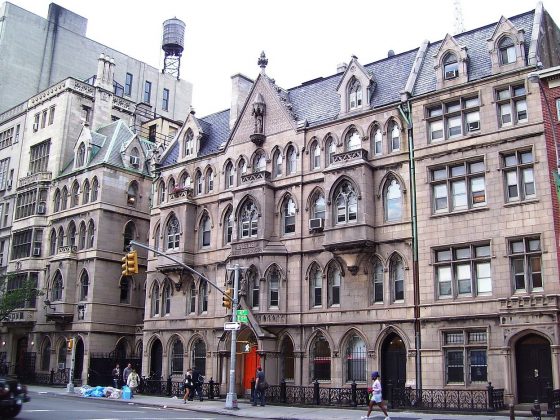The trend of minimalism is transforming societies globally. More and more people are deciding to detach from their material possessions or to avoid acquiring stuff in excess, to escape the stress of the Western life, and to live in a much more relaxed style with only those things considered really indispensable.
Where does this come from? And is this the secret of happiness?
Simplicity is the trend applicable to basically any area of our existence and it is becoming more appealing. Despite what we may think, this phenomenon is not new, it existed in ancient cultures. There were times when people chose to live modestly, even though they could afford a great deal. The tendency towards minimalism stems from the fact that everything we acquire controls us. As our sages said long ago, “the more possessions the more worry.”
“The method of enjoyment for a person in the future will be upgraded. Now we strive to accumulate more and more stuff to feel satisfied, to be above everyone else so others will envy us, but it also puts us under constant pressure from fear that any moment someone will surpass us. When we realize this is a futile quest, we will learn to enjoy doing good to those around us and this will uplift both us and them; it will create a pleasant and satisfying atmosphere.”
For instance, when people purchase lavish properties they get the feeling that they expand their control, but they become slaves to those acquisitions. In the same way, people get addicted to their new cars, new phones, new clothes, prestigious brands, symbols of status. Trapped by Black Friday, Cyber Monday, end of the season, buy one get one, in short, they become enslaved by consumerism.
However, at certain point they get tired, feel empty, and reach “enough! A beautiful apartment in a marble-clad tower with an opulent design? Living in nature is much more exciting. One sweatshirt to change into is enough when there is no washing machine. Freedom from stress is the biggest asset in the world!”
Really? Is it enough for us to get rid of our belongings and assets to be happy in the long run? The answer is no. Why? Because in all of the above there is not yet the qualitative development for which man was created. Accumulation of assets and objects or getting rid of them for personal convenience is in both cases a manifestation of selfish thinking: What will be better and more comfortable for me? And as long as the direction of thought is about myself, whatever I do will not make me feel the plenitude that can be achieved in life.
Only a fundamental change in the direction of our thoughts, from a natural thought of self-good to a thought about the good of others can be considered a new development in our evolution as human beings.
Such a change will result from a deep inquiry: What is worth living for? Is there anything that can be acquired during this life that will always stay with me? Then clearly the fulfilling answer cannot be material property but something more meaningful and enduring.
A special sensitivity is developed in us when we invest in others. We gradually reach a state where we really want to bestow upon our neighbors. We find that the love and good treatment we give to everyone fills us with more satisfaction than anything else. It is an attainment that will not go away and no one can take it from us.
In our evolution as a human species, we have reached a state where we must be interconnected in a reciprocal way. We currently live in dissonance with the connected world we have created; we think only about ourselves and this is totally unsustainable. Our safe future depends on building a new society where people will treat each other and the environment well, a society where no one will be disrespected, where we will think together about how to provide each person with what everyone needs to live well, without producing unnecessary things endlessly that pollute the environment and destroy our common home, the planet, and us included.
The method of enjoyment for a person in the future will be upgraded. Now we strive to accumulate more and more stuff to feel satisfied, to be above everyone else so others will envy us, but it also puts us under constant pressure from fear that any moment someone will surpass us. When we realize this is a futile quest, we will learn to enjoy doing good to those around us and this will uplift both us and them; it will create a pleasant and satisfying atmosphere.
Therefore, lasting fulfillment is not related to the amount of objects or assets in our possession. So we will not need to purchase material objects to find pleasure or to make someone happy. We will see that the greatest gift anyone can give or receive is first of all warmth, a smile and genuine, sincere concern. A meaningful life depends on one’s attitude not on matter, on material things. So if we develop good mutual relationships, we will all be filled with joy and no one will lack anything. We will discover that the secret of life truly lies in the right human connections and the fulfillment that can be achieved through it is boundless.











